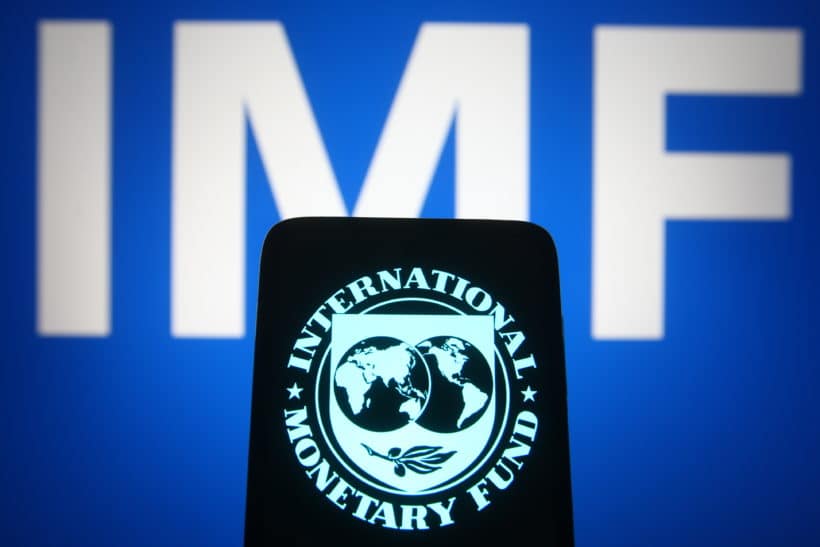
LONDON, Dec 2 (Reuters) – Poorer nations could be facing economic collapse unless the world’s richest economies agree to step up debt relief efforts, International Monetary Fund (IMF) chief Kristalina Georgieva warned on Thursday.
Some 60% of low income countries are already in or at high risk of debt distress, compared to less than half that in 2015, Georgieva wrote in a blog co-authored with Ceyla Pazarbasioglu, director at the IMF Strategy, Policy and Review Department.
“For many of these countries, the challenges are mounting,” Georgieva and Pazarbasioglu warned.
“We may see economic collapse in some countries unless G20 creditors agree to accelerate debt restructurings and suspend debt service while the restructurings are being negotiated.”
The G20 group of major economies launched the Debt Service Suspension Initiative (DSSI) in spring 2020, designed to offer a temporary freeze in payments to low-income countries, many of which had already faced hefty debt burdens pre-pandemic. However, that initiative is running out at the end of the year.
Read more: IMF chief Georgieva says ‘very optimistic’ about reaching loan deal with Zambia
Progress on another G20 plan, the Common Framework for Debt Treatments designed to reduce the overall debt burdens of poor countries, has been very slow.
“Recent experiences of Chad, Ethiopia, and Zambia show that the Common Framework for debt treatments beyond the DSSI must be improved,” the authors wrote, acknowledging that the Common Framework had yet to deliver on its promise.
The reasons for this were manifold – coordinating Paris Club and other creditors, as well as multiple government institutions and agencies within creditor countries slowed down decision making. In Chad’s case, having to restructure a large, collateralized obligation held by a private company and partly syndicated to a large number of banks and funds complicated progress.
“It is also critical that private sector creditors implement debt relief on comparable terms,” the authors wrote.
Meanwhile major central banks like the Federal Reserve preparing to unwind easy money policies could spell more trouble.
“No doubt 2022 will be much more challenging with the tightening of international financial conditions on the horizon.”
(Reporting by Karin Strohecker Editing by Alistair Bell)

